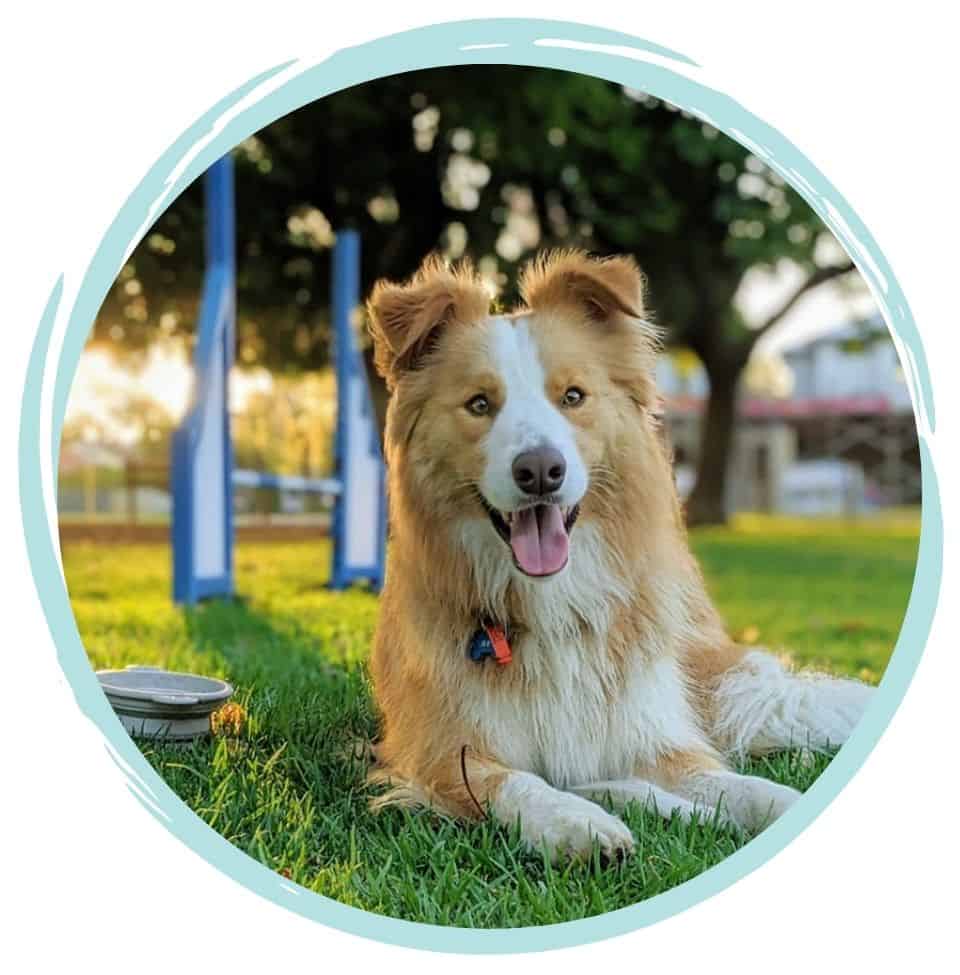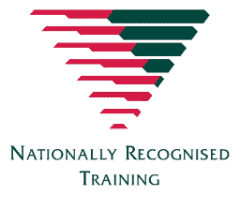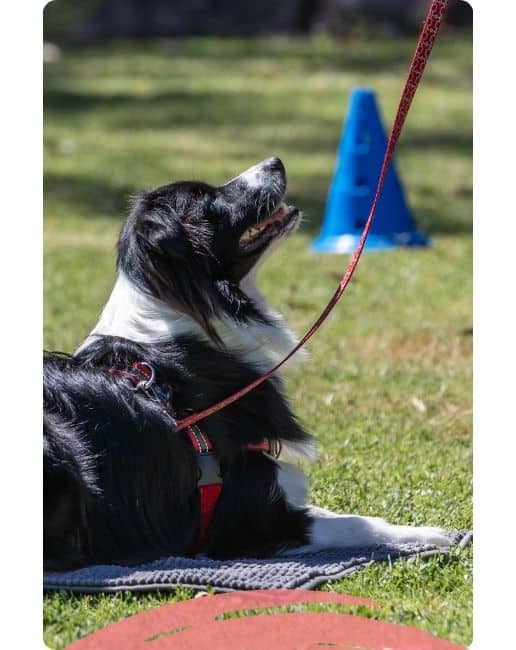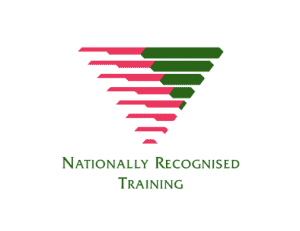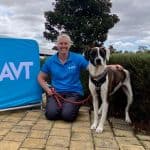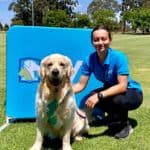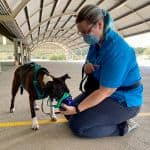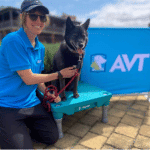Laura Ryder, IMDTB KPACTP CPDT-KA FFCP
Laura has worked as the Head Dog Trainer and Behaviour Consultant for a busy veterinary clinic for over 25 years. She is a Fear Free Certified Professional and Member of the Fear Free Speakers Bureau. She holds her Certificate IV in Dog Behaviour Training and a Certificate IV in Training & Assessment is a full member of IMDT, APDT and PPG.
She has presented both locally and overseas to the AVA, VNCA, IMDT, APDT (USA) and PPG on a wide range of dog behaviour and training topics.
Fiona Cowie, IMDT
Fiona also has over 20 years’ experience in the industry, including 14 years as a detection dog handler with two government departments. She has also run a successful dog training business and is passionate about supporting new dog trainers entering the industry.
Fiona holds a Level 3 Certificate in Principles of Dog Training and Behaviour and a Certificate IV in Training and Assessment. She is also a full member of IMDT and PPG.
Both Fiona and Laura are passionate about professional development and have completed numerous industry recognised courses.
Guest Video Presentations
The course also includes guest video presentations by leading international experts:
- Steve Mann – Founder of the Institute of Modern Dog Trainers and Author of the books Easy Peasy Puppy Squeezy, Easy Peasy Doggy Squeezy, Easy Peasy Doggy Diary and Easy Peasy Awesome Pawesome Dog Training for Kids
- Ken Ramirez – Executive Vice-President and Chief Training Officer of Karen Pryor Clicker Training and Author of the books Animal Training: Successful Animal Management Through Positive Reinforcement and The Eye of the Trainer: Animal Training, Transformation and Trust.
- Dr Susan Friedman – Psychology Professor at Utah State University who has pioneered the application of Applied Behaviour Analysis (ABA) to captive and companion animals. Susan created the concept of ‘Unlabel Me!’ and the Hierarchy of Behaviour-Change Procedures.
- Dr Robert Hewings – Retired police dog trainer (Metropolitan Police Dog Training Establishment – London), creator of the UK College of Scent Dogs and Author of the book Scent Training for Every Dog.
Plus, you’ll also hear from these highly respected industry professionals:
- Hannah Branigan
- Michael Shikashio
- Mikkel Bekker
- Lori Stevens
- Laura Monaco-Torelli
- Lori Chamberland
- Allie Bender
- Emily Strong
- Carrie-Anne Selwyn
- Mary Hunter
- Louise Ginman
- Dr Rachel White
- Scotti Harvey
- Peta Clarke
- Barbara Hodel
- Helen Motteram
- Aileen Stevenson
- Ryan Cartlidge
- Petra Edwards
